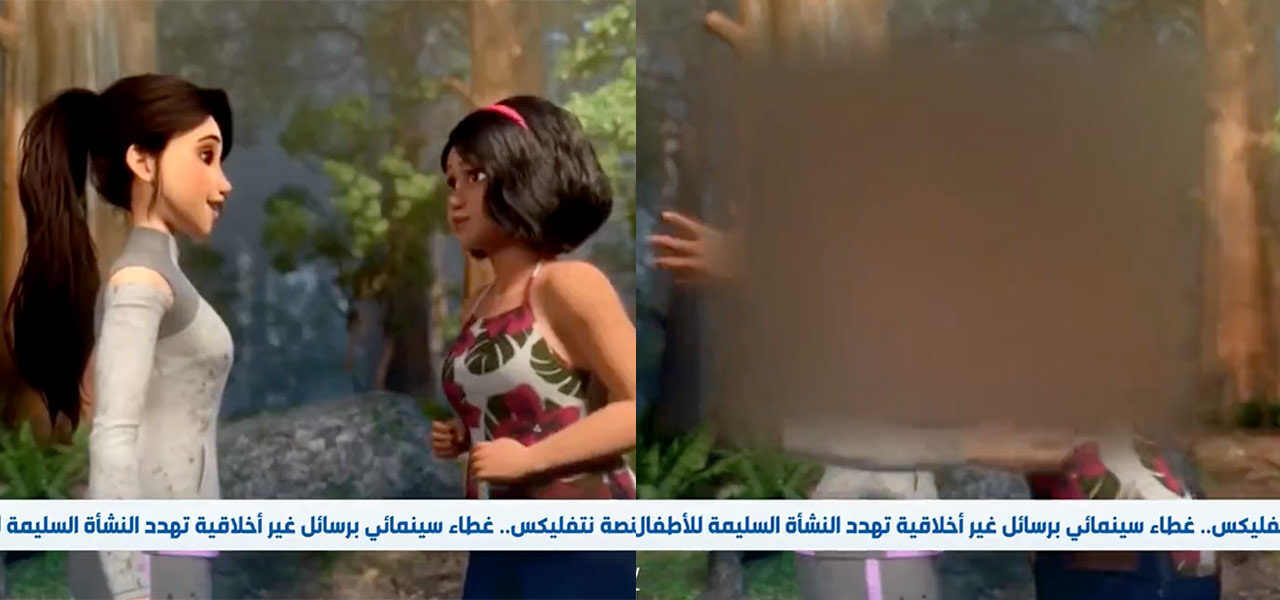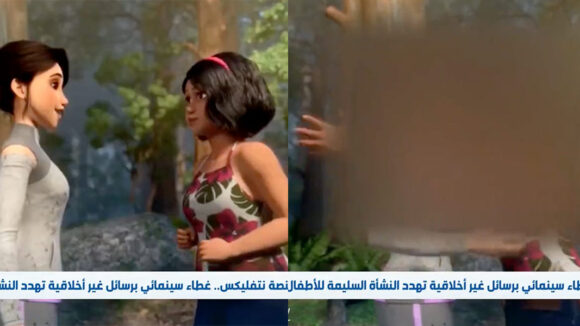

Arab States Demand Netflix Remove Content Offensive To ‘Islamic And Societal Values’
Saudi Arabia and several neighboring Middle Eastern countries have demanded that Netflix remove any un-Islamic content.
Although titles were not specified by name, Saudi state network Al Ekhbariya TV broadcast a segment about the demands which included blurred clips from the animated series Jurassic World: Camp Cretaceous in which two female characters kiss. In a tweet sharing the news segment, the network accused Netflix of “promot[ing] child homosexuality under a cinematic cover” and in a follow-up tweet, the broadcaster added that the streamer “threatens the healthy upbringing of children.”
According to a report from the Associated Press, the Saudi network also aired a video which featured a woman identified as a behavioral consultant who called Netflix an “official sponsor of homosexuality.”
The call for removal of the “offending” content came from the Gulf Cooperation Council, a group which includes Saudi Arabia, the United Arab Emirates, Bahrain, Kuwait, Oman, and Qatar. Both Saudi Arabia and the U.A.E. also released their own statements directed towards the streamer.
In a statement, the organization said:
[The content] violates Islamic and societal values and principles. As such, the platform was contacted to remove this content, including content directed at children, and to ensure adherence to the laws… In the event that the violating content continues to be available, the necessary legal measures will be taken.
Netflix is hardly the first Western media giant to run into content problems in the Middle East. Earlier this year, several countries in the region, and elsewhere, refused to let Disney screen Lightyear if the company didn’t remove a same-sex kiss in that film. Disney declined, and the film didn’t play in Saudi Arabia and the other countries making similar demands.
Meanwhile, in China, media censors got creative and added a new ending to Minions: The Rise of Gru to promote the government’s values and principles.

.png)